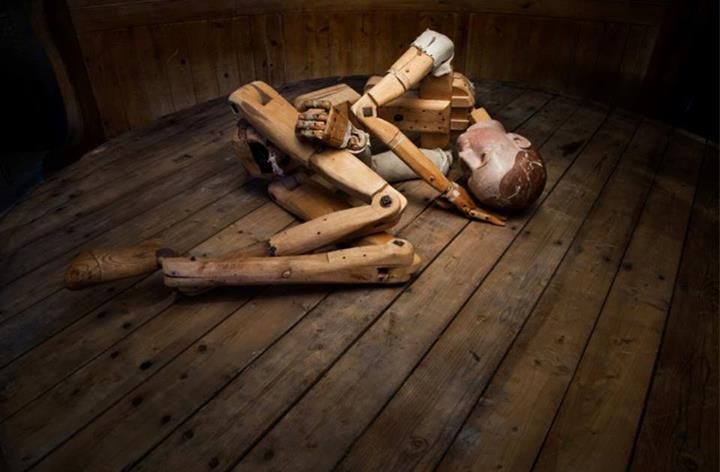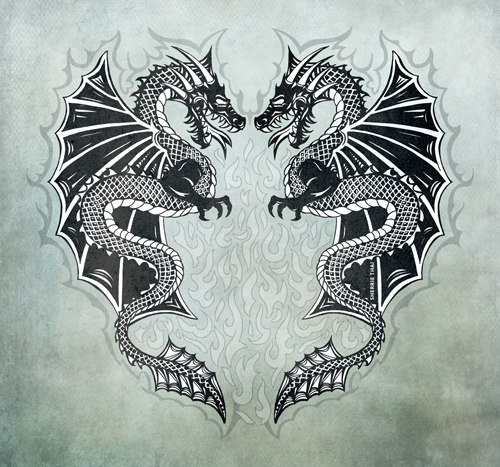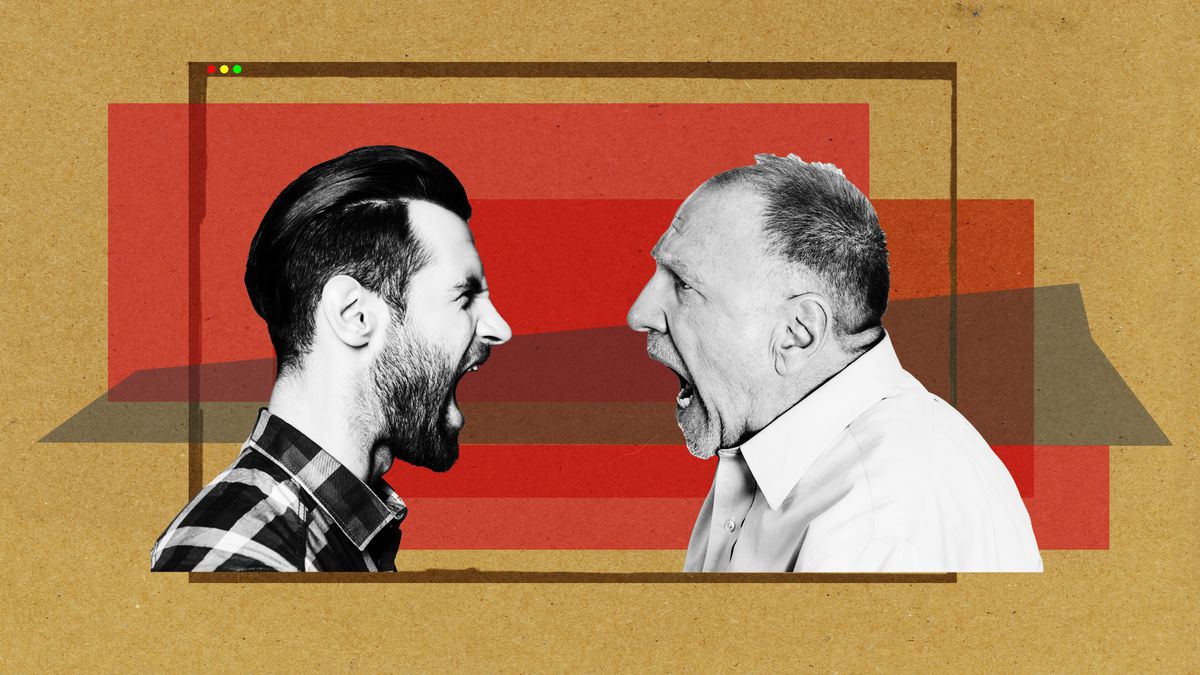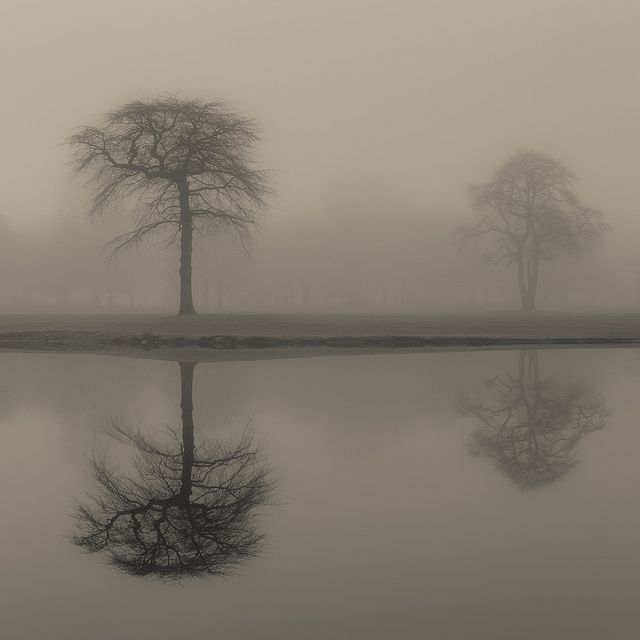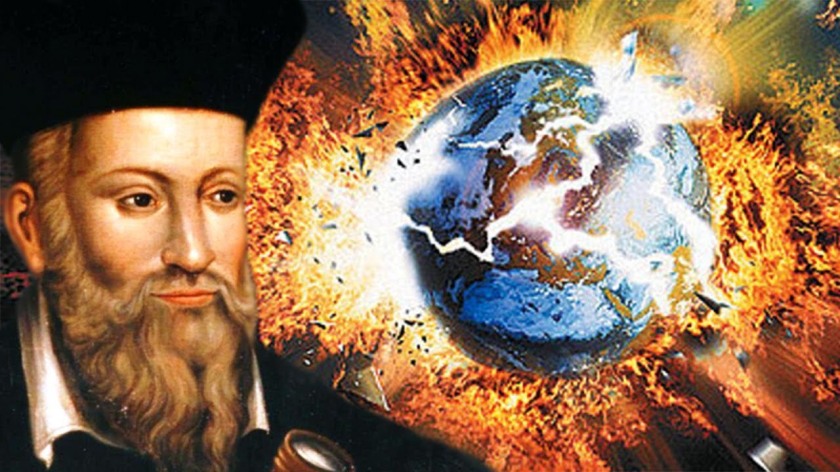Americans are crumbling like stringless marionettes.
One in six now take a psychiatric drug. Prescriptions for depression and anxiety are at an all-time high. The use of antidepressants alone increased by almost 400% between 1988 and 2008. The country churns and swallows 90% of the world’s methylphenidate to treat attention deficit. From 1999 to 2017, close to 400,000 people died from an opioid overdose.
In a place that holds the pursuit of happiness as an unalienable right, it doesn’t seem to be working out quite like the nation’s founding fathers intended. Its people are wallowing in depression, anxiety, agitation, and pain.
I’m not surprised.
Because in a culture in which happiness is considered a holy grail, its people will inevitably frown upon sadness as a nasty virus to be eradicated at all cost.
“Since cheerfulness and depression are bound by opposition, the more one is classified as normal, the more negative the other will appear,” says Christina Kotchemdova in From Good Cheer to Drive-By Smiling. “And when a culture labels normal sadness or depression as ‘abnormal,’ those who experience these emotions become alienated and ashamed.”
By the 1950s, the American war on sadness brought out the big guns with the introduction of the first antidepressant, and it wasn’t by chance, I believe, that it occurred as television became widely popular. Exposed to a wider world of plentitude — to its glitz, glam and glitter — people’s expectations of the good life acquired a whole new dimension and ‘keeping up with the Joneses’ became a distressing struggle to keep up with the entire world.
In our high-performance society, it is feelings of inadequacy, not conflict, that bring on depression. — Alain de Botton
In 1954, the antidepressant Miltown, popularly known as ‘Mother’s Little Helper,’ arrived to help the American housewife just get through the day. Within ten years, Miltown was the country’s number one addiction after tobacco and booze.
Once the 24-hour news cycle roared into U.S. living rooms in the 1980s, Americans’ increasing feelings of inadequacy, envy, and helplessness were compounded by dread and anxiety. Before then, the news was broadcast by only three channels, in 15 to 30 minute segments, usually at six o’clock.
Death, disaster, crime and war, along with the ‘perfect life,’ would thereon haunt the American psyche — 24/7 — and ‘Despair’ became big business.
By 2011, Americans were spending $300 Billion on prescription drugs, with Xanax (for anxiety and panic disorders), Celexa (depression) and Zoloft (for panic attacks, OCD, depression and social phobia) being the most-prescribed. Ever year, 11 Billion dollars are mostly wasted on motivational and self-improvement programs in the form of books, CDs/DVDs, audiobooks, infomercials, motivational speakers, public seminars, workshops, retreats, webinars, holistic institutes, personal coaching, apps, Internet courses, training organizations and more. Billions are also flushed down each year on diets and dietary supplements, muscle building, and on sexual function, or dysfunction.
It’s not working.
Americans are now fatter, sadder, more anxious, lonely, dissatisfied, and less sexually active than ever, and worse, they are spreading their woeful contagion across the world.
Happiness: the ghastly privilege of pursuing a phantom and embracing a delusion. — Howard Mumford Jones
Happiness is a delusion that only infects the human mind. All other life forms thrive without it, for there is no such thing as “happiness” in biology, as historian Yuval Harari rightly points out, but only pleasure and delight.
Our intellectual forefathers, the ancient Greeks, did not believe the purpose of life was to be happy either. Instead, they championed the mind states of fulfillment and serenity.
Fulfillment — which the Greeks called eudaimonia — was attainable through a purpose driven life; by actualizing our potential in service to others.
It’s worth noting that the widespread use of the antidepressant know as ‘Mother’s Little Helper,’ coincided with the return of men from World War II throughout which women had manned the engines of industry and warfare inspired by the iconic figure of ‘Rosie the Riveter’. Once men came back from the front, women were sent back to the kitchen and lost their sense of higher purpose.

Modern science has since confirmed the ancient Greek intuition of the benefits to wellbeing derived from a purpose driven life.
Rivers do not drink their own water; trees do not eat their own fruit; the sun does not shine on itself, and flowers do not spread their fragrance for themselves. Living for others is a rule of nature. We are all born to help each other no matter how difficult it is. Life is good when you’re happy, but much better when others are happy because of you. — Pope Francis
“The meaning of life is to find your gift,” said Pablo Picasso. “The purpose of life is to give it away.”
Such purpose, however, need not be extraordinary, earth-shattering, or world-changing. As I tell boys in my book, “helping a blind man cross the street because you are blessed with the gift of vision is a heroic act. Assisting a friend with his math homework because you’re good with numbers is the act of a hero. Cooking dinner for the homeless in your neighborhood because you love to cook is heroic. If you make just one positive difference, you’re a hero.”
In fact, some of the most heroic people I know are those who were thwarted by circumstance from doing what they most wanted in life, and, instead, did what was necessary, such as caring for an ailing parent, and they did it with grace.
Along with purpose, the ancient Greeks also strived for ‘ataraxia,’ defined by philosopher Epicurus as a state where we abstain from unnecessary desires and achieve inner tranquility by being content with simple things.
Americans, though, seem unable to comprehend that they can never get enough of what they never needed in the first place so keep buying stuff to fill existential holes.
“The body’s needs are few,” said Stoic philosopher Seneca. “It wants to be free from cold, to banish hunger and thirst with nourishment. If we long for anything more, we are exerting ourselves to serve our vices, not our needs.”
In addition to purpose and serenity, there are other pathways to psychic wellbeing without wasting billions on pills and false promises. But first, we must temper our expectations — those savage enemies of our peace of mind. “If happiness is determined by expectations,” says Harari, “the two pillars of our society — mass media and the advertising industry — may unwittingly be depleting the globe’s reservoirs of contentment.”
We must come to terms with the fact that most of us will never be rich, powerful, or famous, and accept — even welcome — life’s inevitable hardships, disappointments, and loss as an opportunity for growth and deeper wisdom. “We must love our fate,” as said German philosopher Nietzsche, without wishing to escape to an imaginary world, like Pinocchio’s Pleasure Island or Cockaigne, which, in medieval myth, was that unreachable, and ultimately undesirable place of extreme luxury and ease where physical comforts and pleasures are always at hand and where the harshness of life does not exist.
Without exception, we must all run the gauntlet of life, and in the face of hardship, must never dare ask, “Why me?”
Why not you?
Why should you be spared from the “slings and arrows of outrageous fortune?” What makes you so special? Even those lavish souls who sacrificed their lives in service to the world were not spared, so why should you?
“What grants life its beauty and magic,” says writer Maria Popova, “is not the absence of terror and tumult, but the grace and elegance with which we navigate the gauntlet. If we all accepted life’s bargain of ‘no pain no gain,’ we would drive many pharmaceutical companies out of business, or, better yet, make them divert their efforts towards discovering cures for real diseases.
Filled with a sense of higher purpose (eudaimonia), tempered by serenity (ataraxia), and armed with a realistic and mature outlook on life, there is one final pathway to psychic and mental wellbeing within your reach and without having to spend a dime.
Harvesting ‘Happy Chemicals’
Dopamine, Serotonin, Oxytocin, and Endorphins are the happy quartet of neurotransmitters responsible for human delight, pleasure, and contentment — of pure animal bliss, if you will.
I want you to picture yourself as a music conductor responsible for directing this foursome. Your job is to make sure each one is in perfect tune and none play too loud nor too soft. Harmony and balance are the keys to their magic, as with everything else in life.
Let me introduce you to your spirited ensemble:
DOPAMINE motivates you to strive toward your goals and gives a surge of reinforcing pleasure when achieving them. Procrastination, self-doubt, and lack of enthusiasm are linked with low levels of dopamine. To keep dopamine playing smoothly, break down your goals into smaller steps and celebrate each time you accomplish one. Too much dopamine, though, may cause aggression, and make you unable to pay attention and control your impulses which can lead to addiction. Here are other ways to naturally increase dopamine levels.
SEROTONIN flows when we feel significant or important. It’s the rush we get when feeling we belong to something greater than ourselves. Loneliness lurks when serotonin is absent. Joining a book club, for instance, or volunteering in your neighborhood boosts serotonin. Anything that connects you to the wider community. Exercise also helps. So does bright light and getting a regular amount of sunshine, eating right, making a periodic list of all the things for which you are grateful, and recalling all your past victories and accomplishments.
OXYTOCIN is the neurotransmitter that bonds us with our fellow man. We feel its rush when we caress, cuddle, or exchange a hug or gift with someone we love. It creates trust and builds healthy relationships. Not only does inter-personal touch raise oxytocin, says neuro-economist Dr. Paul Zak, but reduces stress and improves the immune system. 8 hugs a day is Dr. Zak’s oxyboosting prescription.
ENDORPHINS alleviate pain, anxiety, and depression. The “second wind” and euphoric “runner’s high” during and after a vigorous run are a result of endorphins. Along with regular exercise, laughter is one of the easiest ways to release endorphins.
To make this easy on you, I’ll now summarize the pathways to true and lasting wellbeing:
1. Remove yourself from the viral toxins spread by mass media. Break free from screens. If you must watch the news, do it with the intent of changing it. Figure out how your unique talents can be brought to bear to change the bad news into good.
2. Give your life a higher purpose. Big or small, doesn’t matter.
3. Temper your expectations. Most of us will never be rich or famous and that’s okay.
4. Know when enough is enough and you’ll understand why writer Erica Jong said the American economy would soon collapse if we all recovered from our addictions.
5. Memorize this quote by Greek writer Nikos Kazantzakis: “Only that life is worth living which develops the strength and the integrity to withstand the unavoidable sufferings and misfortunes of existence without flying into an imaginary world.” Realize that wanting to get out of pain is the pain. Pinocchio’s Pleasure Island or The Land of Cockaigne are for childish, deluded souls.
6. See sadness for what it is: a normal and instructive part of the human condition. Open wide to the gifts of melancholy, nostalgia, longing, even anguish, for they are the stuff of soulmaking. Understand that the dark pit of despair may be the womb of a new self… your golden ticket to reinvention.
7. Conduct your happy chemical quartet in balance and harmony. Break down your goals into smaller steps. Celebrate each victory. Embrace community. Be lavish with your hugs. Walk in nature. Get some sunshine. Exercise. Eat right. Be grateful. Laugh often and make love with abandon.
You’ll save tons of money, and won’t crumble like so many woeful, American marionettes.
Related Articles:
